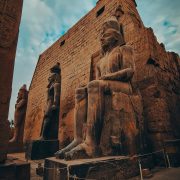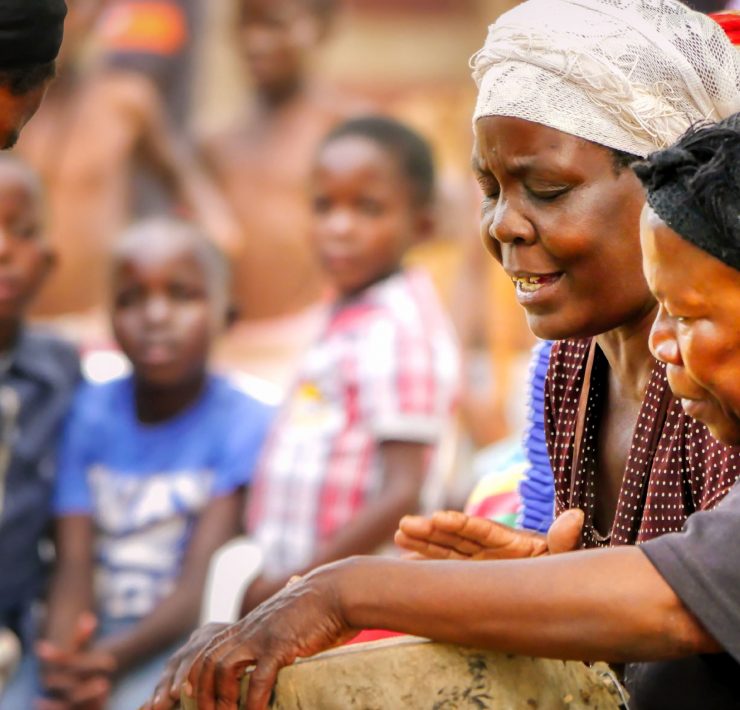
Robert Macharia is a mentor, trainer and writer bearing adequate…
Read Next
The position of competence that Afrika exhibits in dealing with its problems is extremely wanting. It is in this regard that today I seek you to join me at a vantage point as we explore and possibly diagnose the ailing educational systems that bedevil the Afrikan continent.
First, to effectively assess an educational system as being impactful, one has to establish the transition rate of learners from tertiary institutions and into gainful sources of occupation. If the curve registers a transition rate of 50% and below within a prolonged period of time or number of years, then it is safe to conclude that the education system in use has huge underlying problems. The opposite would also be true. When the curve stipulates a more than 70% transition rate of graduands, it suffices to say that the existing education system is relevant to the needs of the job market. It should be noted that these statistics may be dependent on other factors that have no guarantees of remaining constant, such as social, economic and political factors.
Second, is it not important for a country to take stock of the unique, multicultural and dynamic skills that are required to propel her to an unmatched competitive position globally? Many negative things have been said about the abilities of Afrikan countries in regard to industrialization, infrastructural development and technological advancements. These scathing mental attacks on our people have now made the majority of us believe that indeed we shall never match up to the superiority of ‘First World Class.’ However, this is far from the truth because as it stands now, Afrika has the youngest population in the world and their interest in adopting new trends, workmanship and technology is sky rocketing. So, learning institutions are required to take into account all the emerging trends in skills development and guide learners thoroughly on their expectations. Any underwhelming results by the learning institutions should be addressed and corrected immediately because it will determine the future of subsequent generations.
Third, for any learner to enjoy the liberty of exercising and honing his skills, there should be a viable operating political and socio-economic environment combined with relevant fiscal policies. In simpler terms, the government of the day should be more than committed to providing an enabling environment where an ordinary person can offer her skills in developing her country and Afrika as a whole. Well to some leaders this is a big ask since little can be said about how enabling Afrika’s environment is in growing of skills.
If we are talking about engineers, can there be enough worksites or factories that train young engineers? If we are talking about doctors, can there be enough hospitals and herbal clinics that train young doctors? If we are talking about teachers, can there be more than enough schools that allow our young teachers to operate comfortably? Our young folks have an innate desire to learn and sharpen their skills within different industries in Afrika, if only they are allowed to.
Finally, the skills acquired by our people be they technical or cognitive are a summation of the vision of where Afrika needs to be. Afrikans who are consuming the right education system, which in turn does not make them enslaved to norms, can fix mitigating factors such as poverty, diseases and poor infrastructure. Probably if you were to make comparisons between foreign education systems by the West, you would find that they deploy very direct but comprehensive areas of learning that are industry specific or advised by the job market. Some of those learning institutions play crucial roles such as advising their governments in areas of national security and research policies. When the market experiences slight changes, the learning institutions correspond by adjusting their learning curricula and outcomes as well. The net effect of this is that a country will have the right skills for the right purposes and the next generations will stand to benefit from the approach that was taken, and the least they can do is pay it forward. Therefore, it is time for us to denounce inferior educational systems that have for years made their victims feel entitled to only earn titles in white-collar jobs. The aim should be to empower the people to become creative, visionary and skilled but not grilled.
Subscribe now for updates from Msingi Afrika Magazine!
Receive notifications about new issues, products and offers.
What's Your Reaction?
 PIN IT
PIN ITRobert Macharia is a mentor, trainer and writer bearing adequate experiences in business development and brand management success.





















